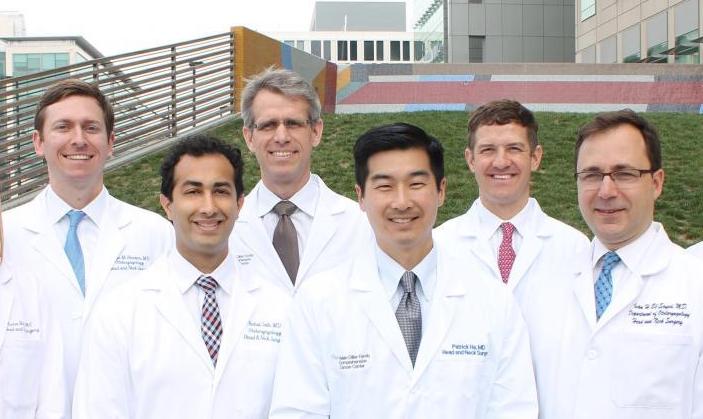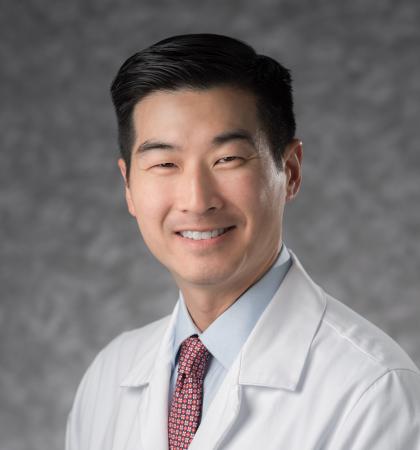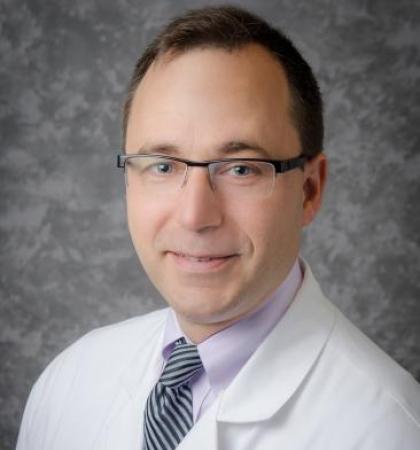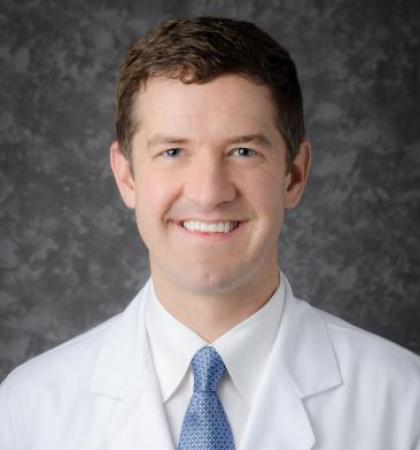
The Division of Head and Neck Surgical Oncology offers patients comprehensive and collaborative care for a multitude of head and neck cancers. Our team practices out of the UCSF Ron Conway Family Gateway Medical Building, one of the nation’s top ten medical centers. Patients partner with their surgeon to understand their disease and treatment options in a comfortable and caring environment.
We are a specialized and multidisciplinary team specifically assembled to optimize patient outcomes. We partner with speech-language pathologists, reconstructive surgeons, radiation oncologists, medical oncologists, dental oncologists, nutrition, nursing, social work, psycho-oncology, as well as appropriate surgical specialties to offer world-class care. We, as a team, are committed to an effective, accessible, friendly, and informative experience for all of our patients before, during, and after treatment.
Our Team

Patrick Ha, MD

Jolie Chang, MD

Ivan El-Sayed, MD

Jonathan George, MD, MPH
Our Locations
Bakar Precision Cancer Medicine Building
1825 4th Street, 5th Floor
San Francisco, CA 94158
United States
Berkeley Outpatient Center
3100 San Pablo Avenue
Suite 400; Rooms 9-13
Berkeley, CA 94707
United States
